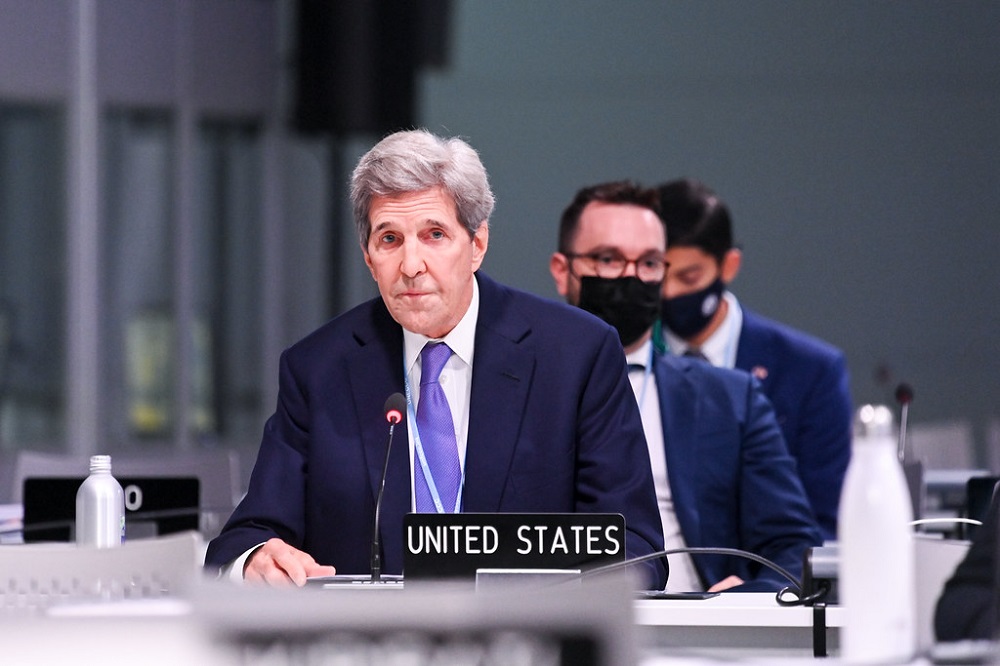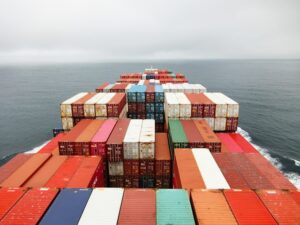The Atlantic Council Global Energy Forum convened on December 5 at COP28 where experts discussed the current geopolitical implications of climate change, as well as set a global agenda for the upcoming year.
Among the speakers was U.S. Special Presidential Envoy for Climate John Kerry, who in his keynote announced a new strategy for international cooperation on the development of nuclear fusion, calling it “a critical piece of our energy future.”
According to Kerry, the strategy will be aimed at research and development, education, regulation, as well as improvements in the supply chains and development of the workforce.
If “all of our countries are threatened, and they are, [and if] all life is threatened, and it is, then we need to pull ourselves together with every strength we have,” Kerry said. “We cannot realize this grand ambition—perhaps not at all, but certainly not at the pace we need to—doing it alone.”
Nuclear fusion has major potential, as it produces a lot of energy by merging two single atoms – and it can be used to produce energy to heat and cool homes, power cars, and other things that require fossil fuels, oil and gas.
Even though energy obtained by nuclear fusion is still far away, Kerry reassured this initiative can revolutionize our lives and provide an abundance of clean energy globally.
At the panel, Gabriela Hearst, former creative director of Chloé, said the fashion industry itself has a huge impact on the environment.
“We really need to focus on moving away from the fossil fuel addiction that we have,” Hearst said, adding that she’d drawn inspiration for a collection herself by visiting fusion labs in the past.
Michelle Patron, senior director of global sustainability policy at Microsoft, pointed out that we cannot forget other renewable sources like wind, solar, and geothermal, adding that a “multi-technology approach” could be our best bet for a carbon-neutral planet while still meeting the growing demand.














